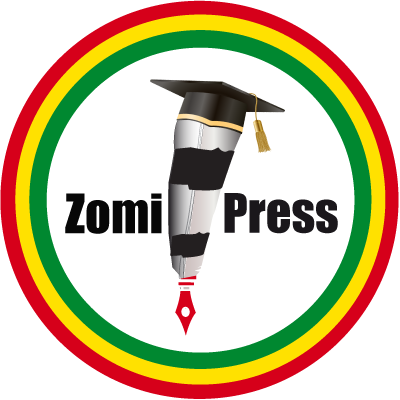Download: Zomi Refugees in Diaspora
The Zomi people, an indigenous ethnic group from Myanmar’s northwestern region, have faced decades of systemic oppression and persecution. Forced to flee their homeland, they now live as refugees across Malaysia, India, Thailand, and beyond. This article highlights weaving their historical struggles, current realities, and ongoing efforts to secure their rights into a comprehensive narrative.
Historical Context: The Origins of Displacement
The Zomi people’s plight began long before the military coup of 2021. Under British colonial rule, their territories were fragmented between Myanmar (then Burma) and India, leading to cultural and political disconnection. Following Myanmar’s independence in 1948, the Zomi were sidelined in nation-building efforts. Ethnic discrimination escalated after the military coup in 1962, targeting their Christian faith, language, and cultural practices. The 2021 coup by Myanmar’s military junta further intensified violence, forcing thousands of Zomi to flee.
The Refugee Experience Across Borders
Malaysia: Challenges in a Hostile Environment
Malaysia has become a primary refuge for Zomi fleeing Myanmar. According to the Mission of Hope report, the Zomi refugee population in Malaysia is estimated at 30,000, yet only 27% are registered with UNHCR. The lack of registration exposes them to arrest, deportation, and human trafficking.
Key Issues:
- Healthcare: Refugees without UNHCR cards face exorbitant medical costs or lack access to treatment altogether. Pregnant women and individuals with chronic illnesses suffer the most.
- Education: Informal learning centers provide basic education, but limited resources and frequent police raids hinder progress.
- Employment: Refugees work illegally under exploitative conditions, earning insufficient wages to meet basic needs.
India: A Tale of Two Realities
In northeastern India, Mizoram has welcomed Zomi refugees as ethnic kin, while Manipur’s policies have been less accommodating. Mizoram’s proactive issuance of refugee ID cards contrasts sharply with Manipur’s history of detaining and deporting asylum seekers.
Key Issues:
- Legal Status: India’s lack of a refugee policy leaves Zomi asylum-seekers vulnerable to arbitrary detention and limited access to resettlement programs.
- Healthcare and Education: Limited access to health services and financial barriers restrict education for refugee children.
- Employment: Economic opportunities are scarce, with refugees relying on local community support for survival.
Thailand: Restricted Opportunities
Thailand hosts a smaller Zomi refugee population in camps near the Myanmar border. Strict regulations confine refugees to these camps, limiting access to work, education, and healthcare. Violations often result in deportation, placing refugees at risk of further persecution.
Advocacy and Support Initiatives
The Zomi Community USA, through its Mission of Hope delegation, has been instrumental in advocating for Zomi refugees. Their recommendations include:
- UNHCR Registration: Accelerate the registration process in Malaysia and India to ensure refugees receive protection and access to basic services.
- Government Collaboration: Malaysia and India must halt deportations and grant work permits to refugees.
- Global Support: Countries like the U.S., EU, and Australia should expand resettlement quotas and impose sanctions on Myanmar’s military junta.
Stories of Resilience
Despite the challenges, the Zomi refugees exhibit remarkable resilience. Communities have established informal schools, faith-based support networks, and advocacy groups. In Malaysia, Zomi organizations work tirelessly to provide food, shelter, and healthcare. In India, local groups in Mizoram and Manipur rally to protect and support refugees, even as resources are stretched thin.
Toward a Better Future
The Zomi refugee crisis highlights the fragility of global humanitarian systems and the enduring resilience of displaced communities. Advocacy, international cooperation, and grassroots efforts are critical to ensuring their rights and dignity.
The Zomi diaspora, scattered yet united by shared history and identity, is a testament to the human spirit’s ability to endure and hope. Addressing their plight requires immediate humanitarian action and a long-term commitment to justice and equity in Myanmar and beyond.



